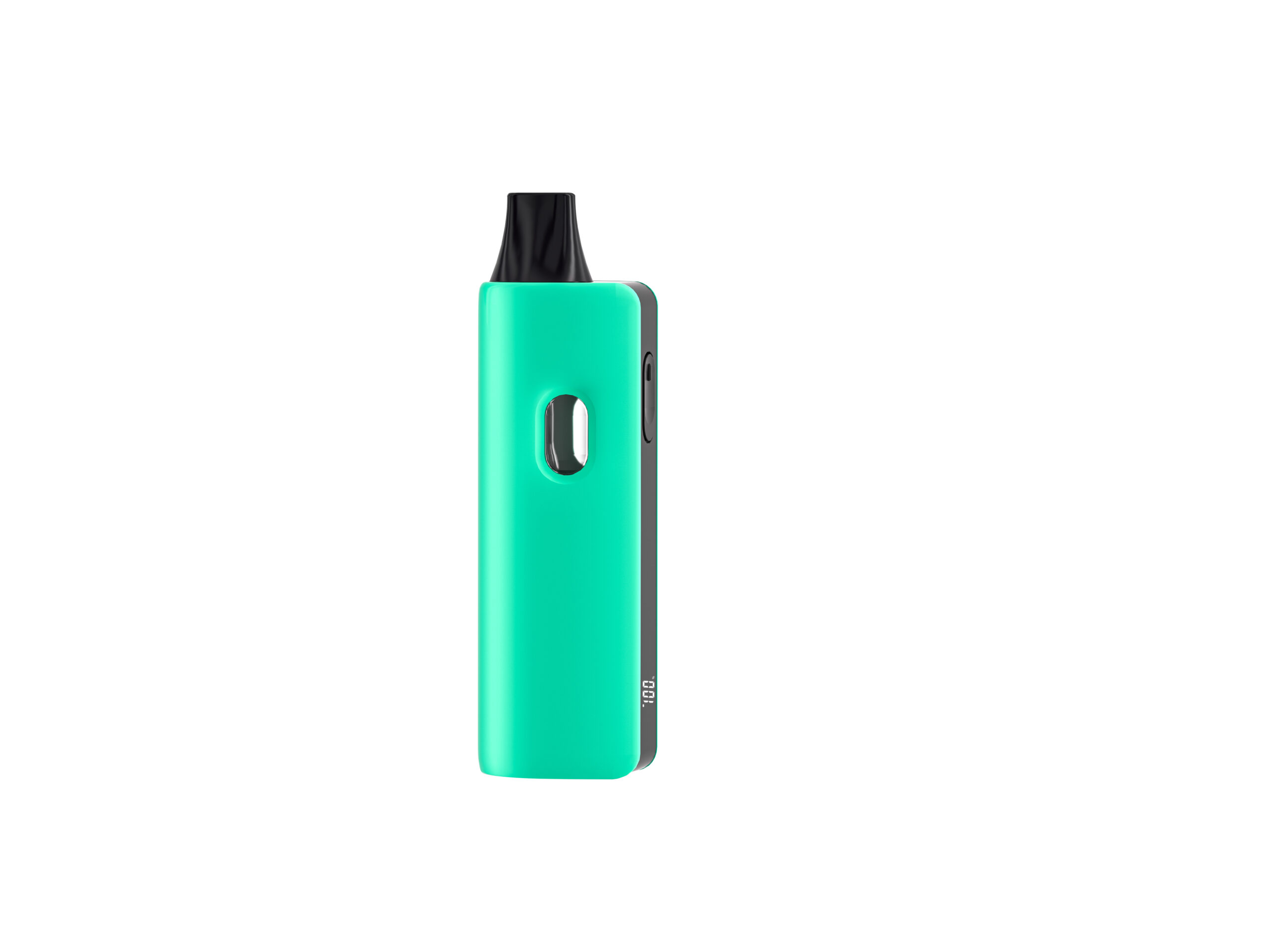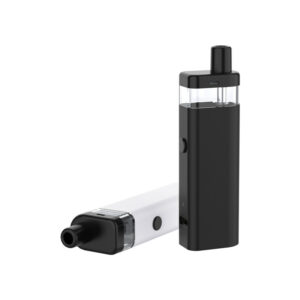As we step into 2024, the landscape of cannabis legalization continues to evolve, shaping the way consumers access and perceive cannabis-derived products. Among the most significant trends are the legal status of Delta-9 THC across states, the regulation surrounding Delta-8 THC, and the developmental trajectory of THC in the cannabis industry. Let’s delve into these key aspects to gain a comprehensive understanding of the current state and future prospects of THC-related products.
Legal States for Delta-9 THC: Where Does Delta-9 Stand in 2024?
Delta-9 THC, the primary psychoactive compound found in cannabis, remains a focal point in the discussion of cannabis legalization. In 2024, numerous states have embraced the legal status of Delta-9 THC for both medicinal and recreational purposes. States such as California, Colorado, Washington, Oregon, and Nevada continue to lead the way, providing legal frameworks for the cultivation, distribution, and consumption of Delta-9 THC products. These states offer a diverse range of options for consumers, from dispensaries to online retailers, ensuring accessibility and convenience.
Delta-8 THC: Legal Quandaries and Regulatory Restrictions
While Delta-9 THC enjoys legal status in various states, the regulatory landscape surrounding Delta-8 THC remains complex and contentious. Delta-8 THC, a cannabinoid derived from hemp, has garnered attention for its psychoactive properties and purported legal loopholes. However, many states have moved to regulate or outright ban Delta-8 THC due to concerns about its potency and safety. States such as Texas, Florida, and New York have implemented restrictions on Delta-8 THC products, requiring stringent testing and labeling requirements. As the debate over Delta-8 THC continues, consumers are advised to stay informed about the legal status of Delta-8 in their respective states.
THC’s Development Trends: What Does the Future Hold?
Looking ahead, the development trends of THC in the cannabis industry are poised to undergo significant transformations. With advancements in technology, research, and consumer preferences, THC products are becoming more diverse, potent, and accessible. From innovative delivery methods such as nano-emulsions and transdermal patches to novel formulations like THC-infused beverages and edibles, the market for THC products is expanding rapidly. Additionally, the emergence of synthetic cannabinoids and cannabinoid derivatives opens new avenues for pharmaceutical applications and therapeutic treatments.
Moreover, the growing acceptance of cannabis in mainstream culture and the increasing demand for natural remedies drive the development of THC-based wellness products and lifestyle brands. CBD-THC hybrids, terpene blends, and personalized cannabinoid formulations are becoming prevalent in the market, catering to individual preferences and therapeutic needs. As the stigma surrounding cannabis dissipates and regulatory barriers are dismantled, the potential for THC’s growth and innovation knows no bounds.
Conclusion: Navigating the Complexities of THC in 2024
In conclusion, the landscape of THC in 2024 is characterized by a mix of progress, challenges, and opportunities. While Delta-9 THC enjoys legal status in several states, the regulatory environment for Delta-8 THC remains uncertain and subject to change. As the cannabis industry continues to evolve, consumers must stay informed about the legal status of THC products in their jurisdictions and advocate for responsible consumption practices.
Moreover, the future of THC holds immense promise for innovation, diversity, and accessibility. With ongoing research, technological advancements, and shifting attitudes towards cannabis, THC products are poised to redefine wellness, recreation, and medicine in the years to come. As we navigate the complexities of THC in 2024 and beyond, let us embrace the transformative potential of cannabis and strive for a more informed, inclusive, and sustainable cannabis industry.






